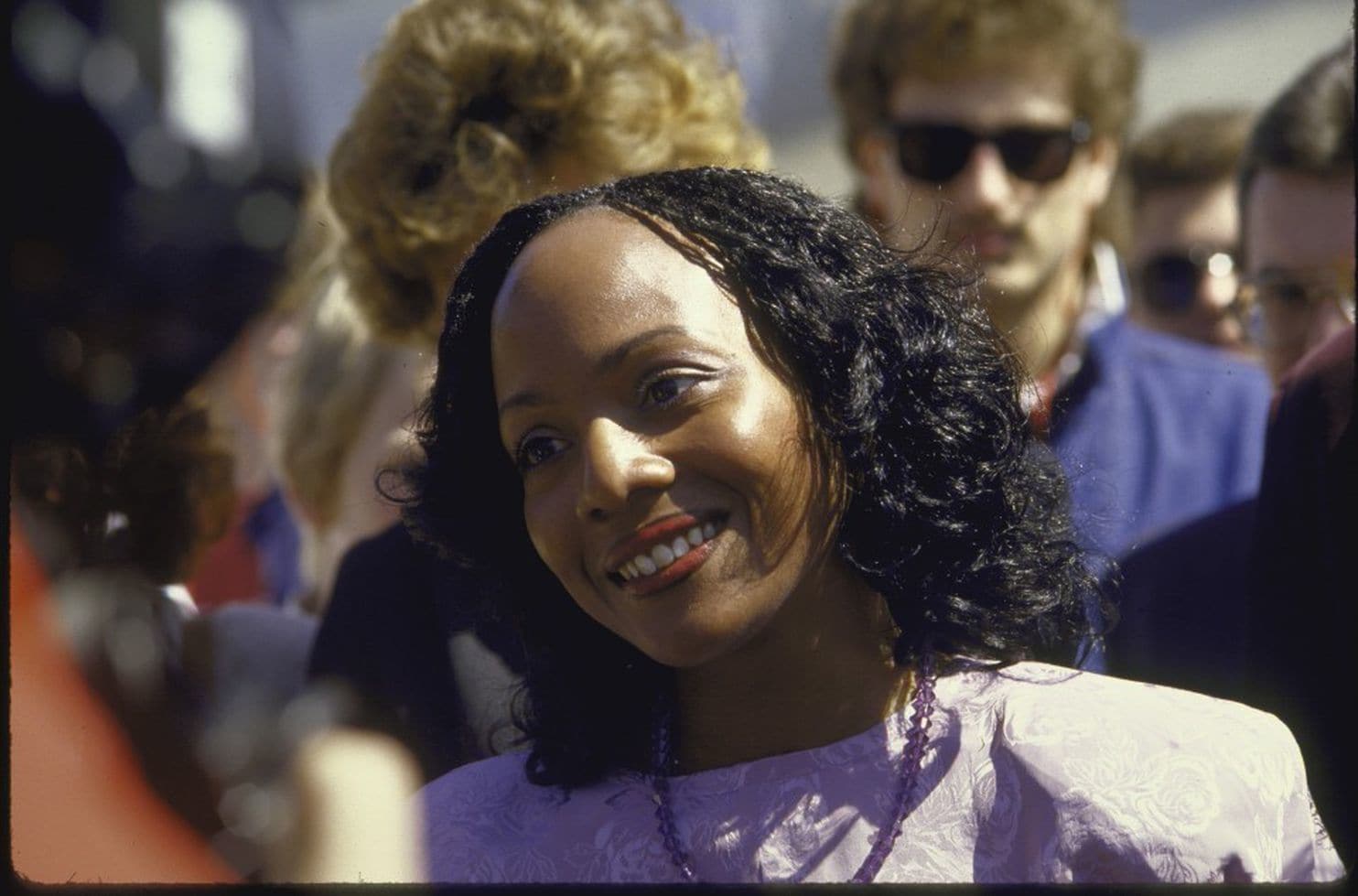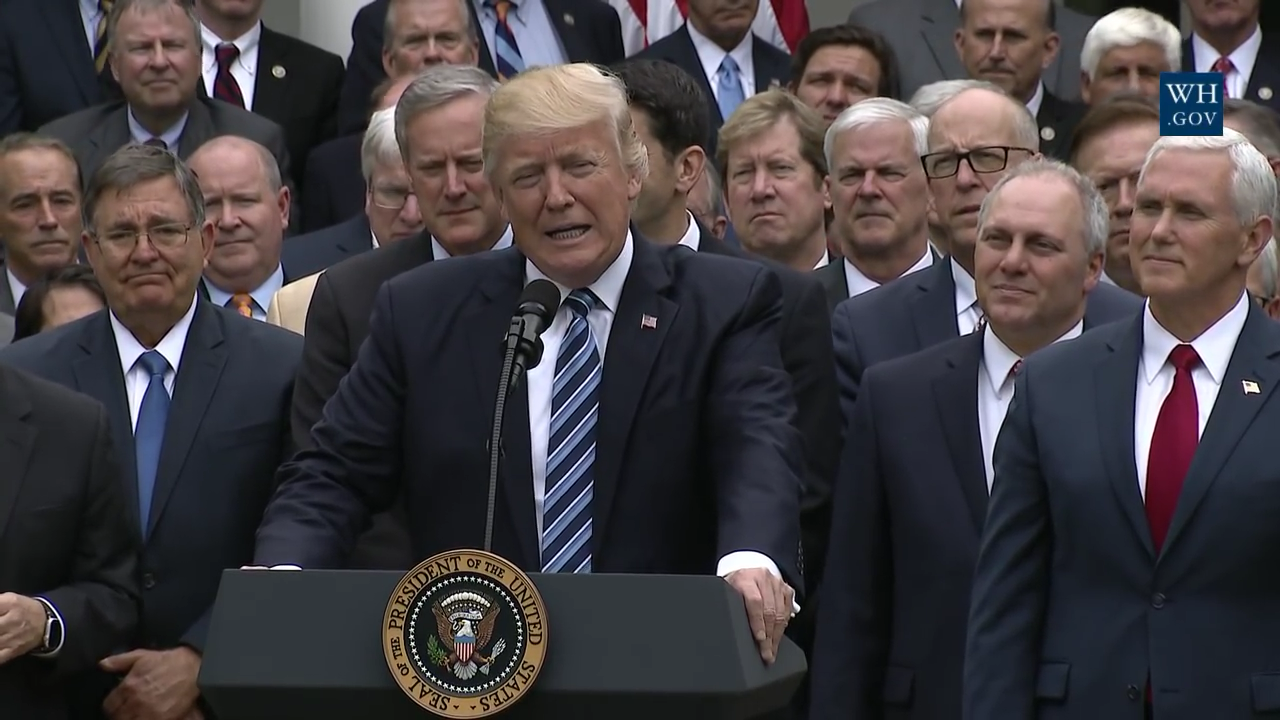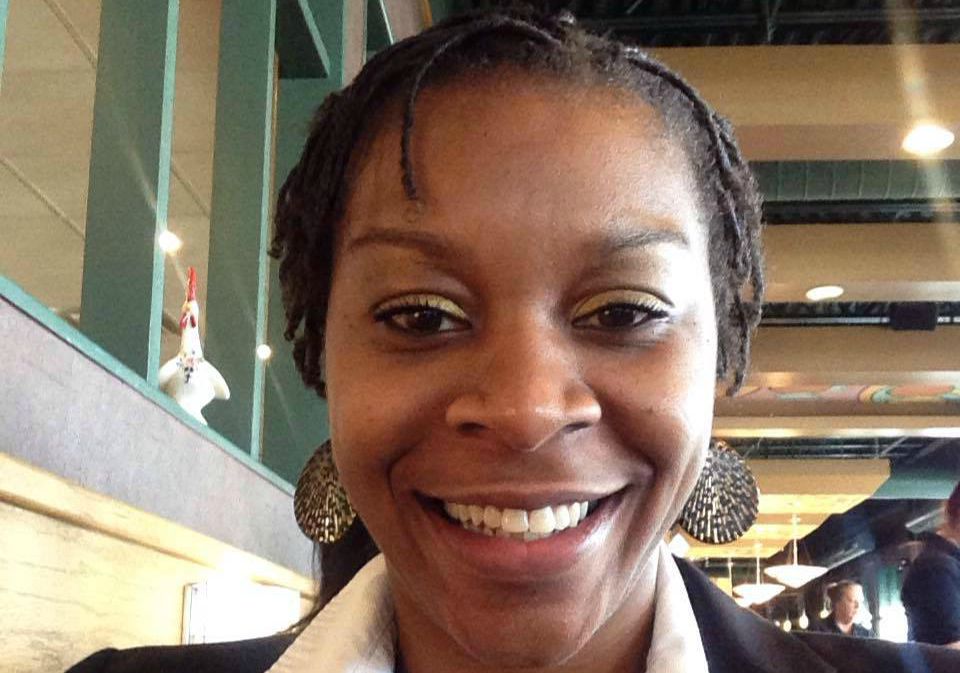Abortion rights, women of color, and LGBTQIA+ people are under attack. Pledge to join us in fighting for gender justice.
If You Care About Ending Sexual Harassment, Don’t Forget About June 19th


June 19 is already acknowledged by the civil rights community for Juneteenth, a holiday marking the anniversary of Emancipation Day for enslaved African Americans throughout the southern United States. But did you know that June 19 gives us another significant civil rights milestone? June 19 also marks the day in 1986 that the Supreme Court released its opinion in Meritor Savings Bank v. Vinson, declaring for the first time that sexual harassment is a form of sex discrimination. And like so many other important victories in American history, we have a Black woman to thank for this historic decision.
Workplace sex discrimination has been illegal in the United States since Congress passed Title VII of the Civil Rights Act of 1964. But it took the Supreme Court over 20 years after the Civil Rights Act’s passage to affirm that people who are sexually harassed at work are protected by Title VII. Meritor Savings Bank v. Vinson was brought by a brave woman named Mechelle Vinson, an African-American woman who lived and worked in Washington, D.C., and withstood years of horrific sexual abuse at the hands of her supervisor at a bank. Her supervisor not only threatened to take away her job at the bank if she didn’t comply with his demands, but also threatened her life. At the time her supervisor sexually harassed her, Ms. Vinson was only 20 years old. Young women, and women of color in particular, experience high rates of sexual harassment at work. Ms. Vinson fought for justice for ten years, and because of her, the rest of us know that being sexually harassed at work is illegal.
Yet the legacy of Meritor is complex. The justices inappropriately evaluated Ms. Vinson’s choice of clothing and behavior as evidence of whether her abuser’s harassment was “welcome” or not. And although the case ultimately marked an important sea change in the way sexual harassment is treated under the law, the legal standard developed by the Supreme Court to determine when sexual harassment is serious enough to be actionable has proven to be a barrier to redress. The Court said harassment does not alter the conditions of employment and create a hostile work environment unless it is sufficiently “severe or pervasive.” This “severe or pervasive” standard has been narrowly interpreted by the courts over the years, making it difficult for plaintiffs who have endured significant harassment to hold employers accountable.
Over 30 years after Meritor, workplace sexual harassment remains a pervasive problem. The #MeToo movement has shined a powerful spotlight on the sexual harassment and abuse women continue to experience at work in nearly every industry. While the movement has held some powerful and abusive men accountable, it has highlighted the need for cultural and institutional reform, and for policy and legislative efforts to strengthen anti-discrimination law in critical areas.
One significant and easy step forward to help keep workers safe from harassment and discrimination would be for the White House to approve much-needed harassment guidance issued by the Equal Employment Opportunity Commission (EEOC). Last year, the EEOC updated its harassment guidance for the first time in nearly 20 years, and sent it to the White House for approval several months ago. The White House has been sitting on it ever since. This guidance will help both employers and employees better understand workplace harassment law, and their rights and responsibilities. As more and more people come forward to share their own stories of harassment and abuse at work, we know this guidance is needed now more than ever. We need leadership from the White House on this, but by failing to prioritize harassment in the workplace, the administration is telling workers that their safety and security do not matter.
While we wait for the White House to act, we’re not sitting back. At the National Women’s Law Center, we are working at the federal and state level to strengthen and expand laws and policies that protect workers from sexual harassment. These laws and policies include everything from extending protections to more employees, like those who work for small businesses or are independent contractors; to disallowing the use of contract provisions and nondisclosure agreements that silence employees from speaking out about harassment; to shoring up harassment prevention programs and mandating workplace trainings; to eliminating the tipped minimum wage so that tipped workers are less vulnerable to sexual harassment. And cities and states are stepping up as leaders in protecting their constituents where the federal government will not, including by exploring legislative fixes to the problematic “severe or pervasive” standard, so that survivors of sexual harassment are not stymied from getting justice through the courts.
So, let’s recap. June 19 is an important day. We not only remember Juneteenth and the end of slavery throughout the South, but also Ms. Vinson and her courage in fighting to get the Supreme Court to recognize that sexual harassment is sex discrimination that no one should have to tolerate. To be sure, there’s a lot more work to be done. But this June 19, we are continuing to work toward safe and secure workplaces for everyone.




